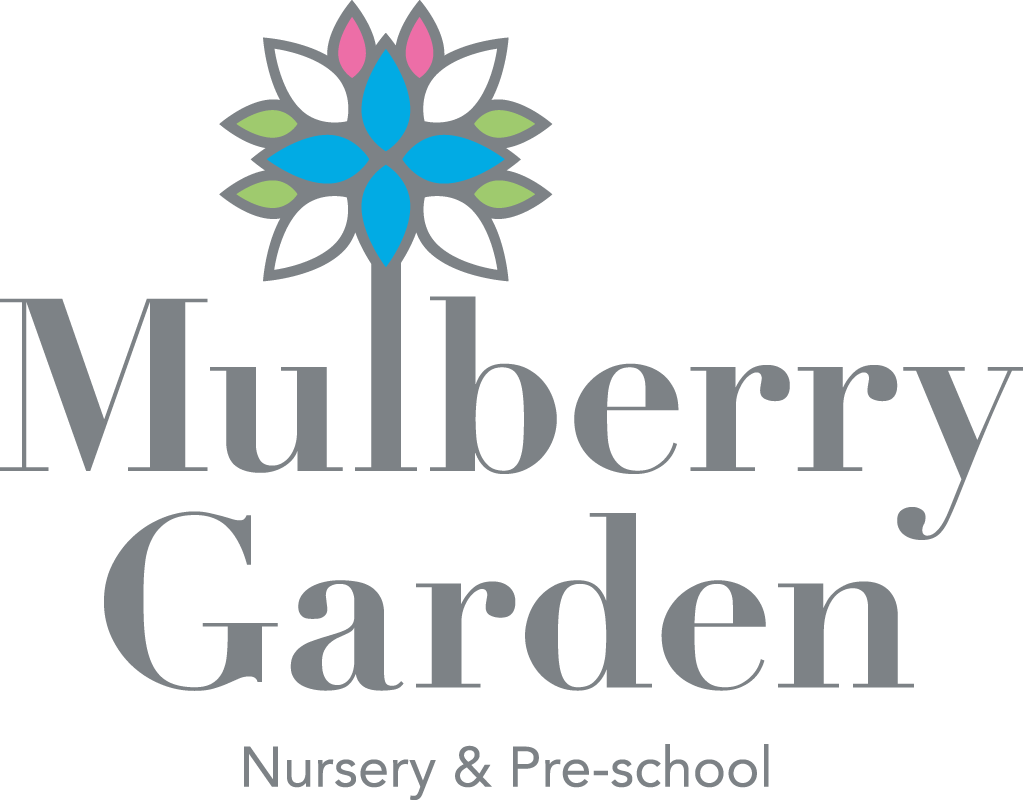Positive Behaviour Policy at Mulberry Garden
Positive attitudes throughout our setting creates a positive place for everyone to be. At Mulberry Garden we celebrate the children’s positive behaviour and encourage their success. Mulberry Garden will help children who may need additional help and support with their behaviour, and we recognise that there may be things in their life that can affect the way they behave. It is important that we communicate effectively as a staff team and work together, consistently, so the children are aware of our boundaries and routines. Children often copy behaviours from others (including adults), especially children under the age of five.
The Early Years Foundation Stage (EYFS) and Positive Behaviour Policy both promote a healthy and safe place as the ideal learning and play environment in which children can develop. The staff work together to ensure such a consistent and positive learning environment is in place for the children at Mulberry Garden.
There are several factors that can influence a child’s behaviour, including:
● Tiredness
● Hunger and thirst
● Arrival of a new sibling
● Problems at home
● Issues of neglect
● Low self-esteem
● Peer pressure
● Issues of bereavement
● Feelings of being used or only existing to meet someone else’s needs
● Stress and anxiety
● Trauma
● Being bullied
Children do not have the knowledge, experience, maturity or skills to cope with the emotions and perceptions that drive their behaviour. Furthermore, children with developmental, neurological or other disabilities may find it hard to engage, communicate and follow directions. We can often assume that children are ok because they don’t tell us otherwise. At Mulberry Garden, the rationale behind the key system group is to notice or identify a change in a child’s behaviour which alerts us to a problem. We ensure that our staff know the children well, have good listening skills and are approachable at all times. Building positive relationships is essential to children’s ability to thrive, in order to develop a mutual relationship of trust and cooperation, and in doing so teaches them positive behaviours. Our aim is to lead by example and role model positive behaviours.
Mulberry Garden has a clear approach to positive behaviour management, which is fundamentally to talk to the children (in age appropriate language). We put our golden rules into our practice with the children, encourage special helpers and talk/teach the children about positive behaviours, praising them whenever we feel necessary and rewarding them verbally, using stickers and wow stars. We also acknowledge the children praising themselves; they are able to give themselves wow stars and stickers.
Our Golden Rules are:
● Positive attitude
● Learn everyday
● Listening to others
● Be kind
● Look after yourself, others and everything around you
Working with others
Sometimes there may be barriers to children understanding and using positive behaviours. Staff recognise when there is a need to intervene and support the children further. Working with the families and other professionals may sometimes be necessary. Additional approaches may be required to support an individual child with strategies in place and a ‘my plan’ to ensure everyone is working collaboratively and effectively to support the child.
There may be times when dealing with challenging behaviour is difficult. Staff must remain calm and understand the child’s view as well as their own, considering the next steps and clearly communicating these with the child.
Using Praise as an Incentive
At Mulberry Garden we believe in recognising the children’s positive behaviour and ignoring the negative (proximal praise). This works for our setting as it gives attention to the correct behaviours, whilst promoting a positive attitude to the atmosphere around us. When praise is unexpected, the impact is greater. Think of a child that hasn’t received much praise or recognition for what they have done. When positive behaviour is recognised, the impact is far higher than what they are doing wrong.
Thinking time
We use thinking time for children over 2 years old. We clearly state what the thinking time is for and sit next to the child (1 minute per year) for the duration, e.g. if a child is 3 years old, they will sit for 3 minutes. We do not have much communication with the child whilst sitting, as it is dedicated time for personal reflection. When thinking time has finished, we will state the most appropriate golden rule for the occasion, or say how we would like the child to behave in a positive manner. Such as ‘be kind to your friends, being kind is a nice way to be.’ We always end on a positive note.
